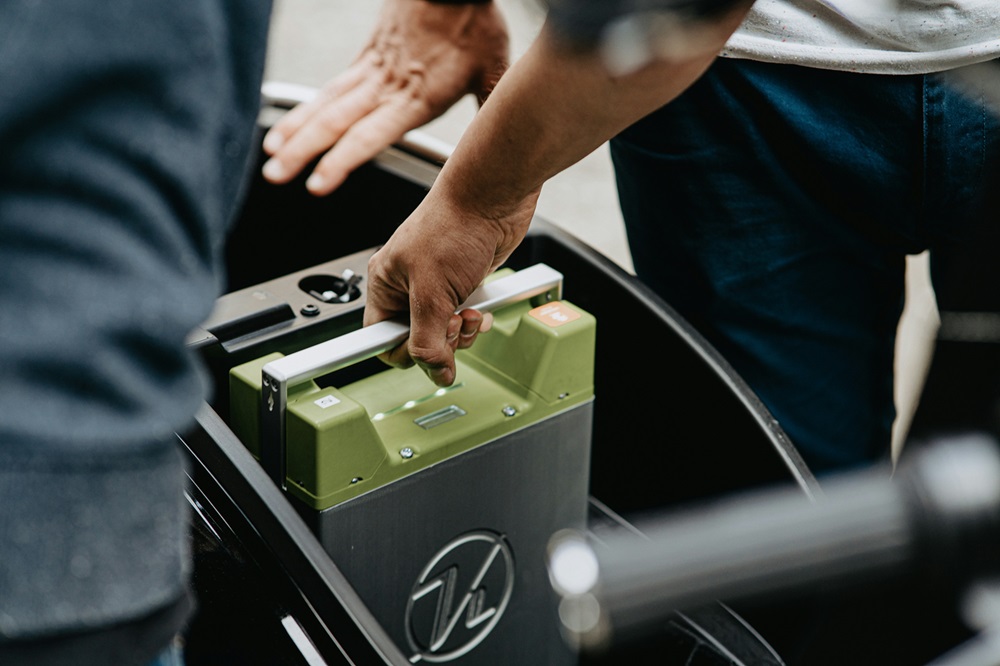1. PM Kusum Capacity Development
The PM-KUSUM scheme aims to target an addition of 34,800 MW of solar capacity by March 2026. As of 31st December 2024, a total of 4,233.23 MW has been achieved under Off Grid/Kusum. Of this, approximately a total of 396.98 MW has been installed under Component A. The total capacity added in 2024 is approx. 231.98 MW. Assuming Q2 saw the highest capacity addition due to a strong mid-year policy push, Q3 contributed 87.40 MW, and Q4 accounted for 29.13 MW approximately.
2. Government Announcements & Achievements
| Central Government | State Government |
|
Component Wise – Key Details
A: Procurement Based Incentive (PBI) @ 40 paise/kWh or Rs. 6.60 lakhs/MW/year, whichever is less, will be provided for the first five years by MNRE to DISCOMs, for buying the power from farmers/developers. Component-B & C: CFA of 30% of the benchmark cost or the tender cost, whichever is lower. State Government subsidy 30%; Remaining 40% by the farmer. |
Progress in Leading States - PM Kusum
Maharashtra, Haryana, Rajasthan, and Uttar Pradesh are leading significantly in Component B of the PM-KUSUM scheme for stand-alone agriculture solar pump installations. Maharashtra, in particular, benefits from the Maharashtra State Renewable Energy Policy 2020 and the Government Resolution dated 12 May 2021, which promotes solar energy adoption in agriculture. |
3. Market Insight
-
Player wise capacity buildup updates
- TREDA aims to install Solar Microgrids in 274 villages and generate 135 MW of Solar Energy by next year.
- The Telangana Government, through TGREDCO, plans to install solar power plants in agricultural fields with a target capacity of 4,000 MW by March next year.
-
Tariff Approvals
- The petition by PGVCL for tariff approval under the PM KUSUM-C scheme has been approved by the Gujarat Electricity Regulatory Commission (GERC). The approved tariffs range from ₹2.35 to ₹3 per kWh for the 101 solar power projects with a total capacity of 259 MW.
-
Player wise key investment updates
- Servotech Renewable Power System has secured an INR 31 crore order to install 1,094 Solar- Powered, grid-connected agriculture pumps under the PM KUSUM Scheme in Uttar Pradesh.
-
Funding Updates
- Shakti Pumps (India) Ltd has received a Letter of Intent from the Department of Agriculture in Uttar Pradesh for the installation of 12,537 solar water pumps under PM-KUSUM Phase-III, Component- B. This contract is valued at INR 558.16 crore ($66.65 million).
-
Auction updates
- JVVNL won the auction for the PM-KUSUM scheme in October 2024, with a levelized tariff of ₹3.04 per kWh for 25 years. This competitive bidding process was approved by the Rajasthan Electricity Regulatory Commission (RERC), enabling JVVNL to proceed with the installation of solar power projects under Component-C of the scheme.
4. Capacity Outlook
Projected Installation of Pumps
COMPONENT B
In 2023, approximately 28.6% of the sanctioned stand-alone solar pumps were installed, and in 2024, as of Nov, this figure rose to 44.1%. Representing a 15.5% growth in installation rate annually.
COMPONENT C
In 2023, approximately 0.15% of the sanctioned solarization of stand-alone agriculture pumps were installed, and in 2024, as of Nov, this figure rose to 2.40%. Representing a 2.25% growth in installation rate annually.




